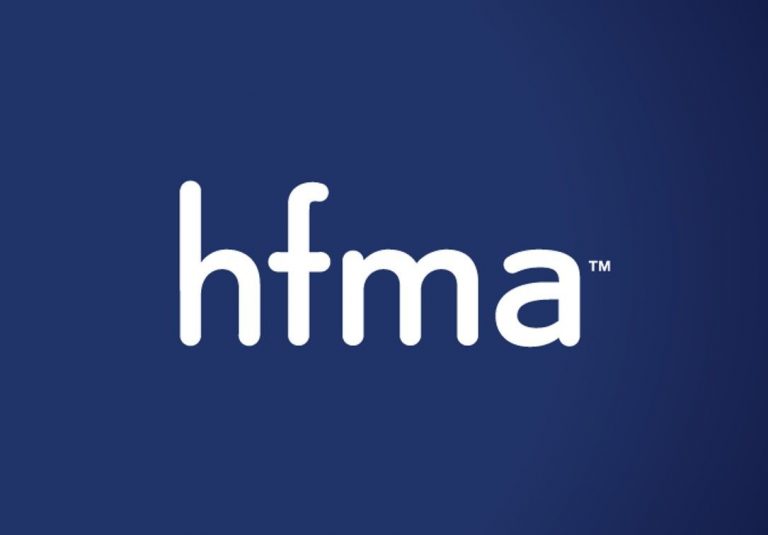

AI-powered predictive analytics in Revenue Cycle Management (RCM) is rapidly transforming how healthcare organizations approach financial operations. By leveraging advanced machine learning algorithms, statistical models, and data-driven insights, these solutions help predict and address potential disruptions in the revenue cycle, improving both efficiency and financial performance.
Recent investments by leading Healthcare IT firms, such as Cerner Health Systems’ partnership with Google Cloud or tech firms such as Cofactor AI creating a platform with seed money in millions, highlight the growing focus on integrating AI to enhance revenue cycle processes. These advancements enable healthcare providers to proactively identify billing inefficiencies, optimize claims management, and reduce denials, ultimately improving cash flow and minimizing revenue leakage. Understanding how AI predictive tools work and their impact on RCM is becoming increasingly crucial as the healthcare industry continues to prioritize technological innovation in financial management.
Key Components of AI-Powered Predictive Analytics in RCM
Data Integration
AI models aggregate data from various sources, including patient demographics, claims history, insurance details, and payment patterns, to create a comprehensive view of the revenue cycle. This integrated approach allows healthcare providers to identify emerging trends, patterns, and anomalies that may signal impending financial disruptions, such as payment delays or billing discrepancies. As seen in initiatives like the Community Health Systems’ migration to Google Cloud, AI-powered data integration is laying the groundwork for enhanced financial forecasting and decision-making (Fierce Healthcare, 2025).
Risk Identification
AI’s ability to analyze historical payment patterns, insurance claim rejections, billing issues, and coding errors enables the identification of risks that may negatively affect revenue. Key risks include:
- Delayed payments from insurers
- Claims denials due to incorrect coding or inadequate documentation
- Unpaid patient financial responsibility (e.g., out-of-pocket costs)
- Cash flow disruptions stemming from evolving market conditionsBy identifying these risks early, AI systems can help organizations avoid costly disruptions and improve cash flow management.
Forecasting and Scenario Planning
AI models predict future revenue trends using historical data, offering forecasts on expected collections, potential denials, and reimbursement rates. This predictive capability allows organizations to plan for both expected and unexpected financial shifts, providing the foresight needed to manage dips or spikes in revenue.
Optimization of Claims Process
AI-driven systems can flag claims likely to be rejected, allowing healthcare providers to proactively address issues such as coding errors before submission. This reduces the number of denied claims, decreases rework, and accelerates the reimbursement cycle.
Predicting Patient Payments
By analyzing a patient’s payment history, insurance status, and financial circumstances, AI can predict the likelihood of timely payments. These insights enable healthcare organizations to manage patient receivables more effectively and develop personalized financial strategies for each patient, thereby improving collections.
Dynamic Adjustments
AI systems continuously learn from new data, adapting their predictions based on evolving trends. Whether it’s changes in payer policies or shifts in patient behavior, AI models can adjust to maintain predictive accuracy, helping organizations stay agile and responsive in a dynamic financial environment.
Early Alerts
Predictive models can generate real-time alerts for RCM teams, notifying them of potential financial challenges such as claim denials, payment delays, or shifts in payer contracts. These early warnings facilitate immediate action and quicker issue resolution, ensuring that financial disruptions are minimized.
Benefits of AI-Powered Predictive Analytics in RCM
Improved Cash Flow
By forecasting payment delays and identifying potential claim denials, AI helps organizations minimize revenue leakage and optimize collections.
Reduced Denials
Early identification of claim issues allows providers to address potential problems before submission, resulting in fewer denials and faster reimbursements.
Enhanced Decision-Making
Predictive insights enable healthcare organizations to allocate resources more effectively and prioritize actions that will yield the best financial outcomes.
Cost Efficiency
AI uncovers inefficiencies in the revenue cycle, such as overbilling or undercoding, which can reduce unnecessary costs and optimize operational efficiency.
Increased Financial Accuracy
With more accurate forecasts, healthcare organizations can better plan for both short-term financial needs and long-term sustainability.
Example Use Cases
Claims Denial Prediction
AI can predict which claims are likely to be denied based on factors such as coding errors, payer policies, and submission timing. Providers can then make adjustments to mitigate the risk of denial before claims are submitted.
Cash Flow Prediction
AI models forecast when payments are expected from insurers, allowing healthcare organizations to manage working capital more effectively.
Patient Payment Prediction
By analyzing patient behavior, insurance status, and outstanding balances, AI can help predict payment likelihood, enabling the creation of tailored payment plans to improve collections.
Conclusion
AI-powered predictive analytics is revolutionizing Revenue Cycle Management by enabling healthcare organizations to anticipate and manage financial challenges more effectively. Through enhanced data integration, proactive risk identification, and scenario forecasting, AI tools optimize the claims process, improve cash flow, and reduce denials. As demonstrated by companies like Cofactor AI, which is focused on helping hospitals reduce claims denials, these technologies are already making a significant impact on financial outcomes (Healthcare IT Today, 2025). By adopting AI-powered predictive analytics, healthcare providers can not only improve operational efficiency but also achieve greater financial stability and long-term success in an increasingly complex healthcare landscape.
Ready to See How you Can Transform your Revenue Cycle with Technology Services from Healthrise?
Contact us today to learn more about our hands-on approach and premier software designed specifically for health systems and hospitals to optimize performance, improve financial outcomes, and streamline workforce management.
Discover our full technology product suite:
Denials Navigator
Centralize and standardize tracking for all denials prevention efforts and results across your health system to proactively tackle denial challenges with unparalleled efficiency and precision.
Quality Audit + Productivity
Streamline the auditing process, provide comprehensive reporting capabilities, and facilitate staff assessments, all in one user-friendly platform. With QA+P, managers can easily identify areas for education and process improvements across all revenue cycle teams.
Revenue Cycle Analytics
Powered by advanced algorithms and intuitive dashboards, our platform provides comprehensive insights into revenue cycle performance, allowing hospitals to identify trends, pinpoint areas for improvement, and optimize workflows.
Demand Workforce
Optimize and simplifiy how charge and staff nurses fill available shifts, enhancing staffing efficiency with our cloud-based web and mobile app.
References
Fierce Healthcare. (2025, January 21). Community Health Systems’ Google Cloud platform migration opens door to generative AI. Fierce Healthcare. https://www.fiercehealthcare.com/health-tech/community-health-systems-google-cloud-platform-migration-opens-door-generative-ai#:~:text=%E2%80%9CCHS%20is%20at%20the%20forefront,HCA%20Healthcare%20and%20Mayo%20Clinic
Healthcare IT Today. (2025, January 21). Cofactor AI launches platform to help hospitals fight tidal wave of claims denials and announces $4 million seed round. Healthcare IT Today. https://www.healthcareittoday.com/2025/01/21/cofactor-ai-launches-platform-to-help-hospitals-fight-tidal-wave-of-claims-denials-and-announces-4-million-seed-round/
Author: Ayana Feyissa, Quality Assurance Lead, Healthrise



